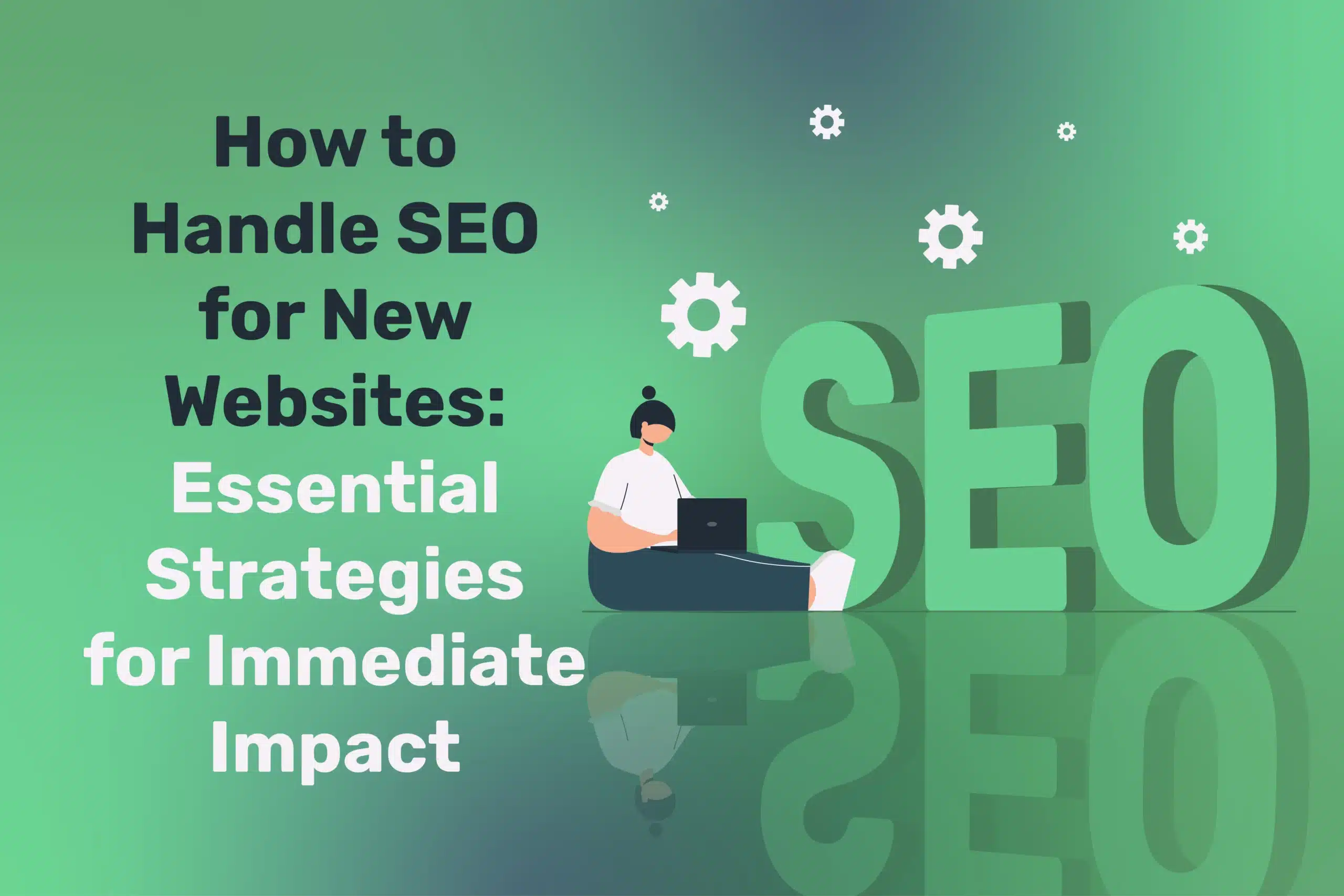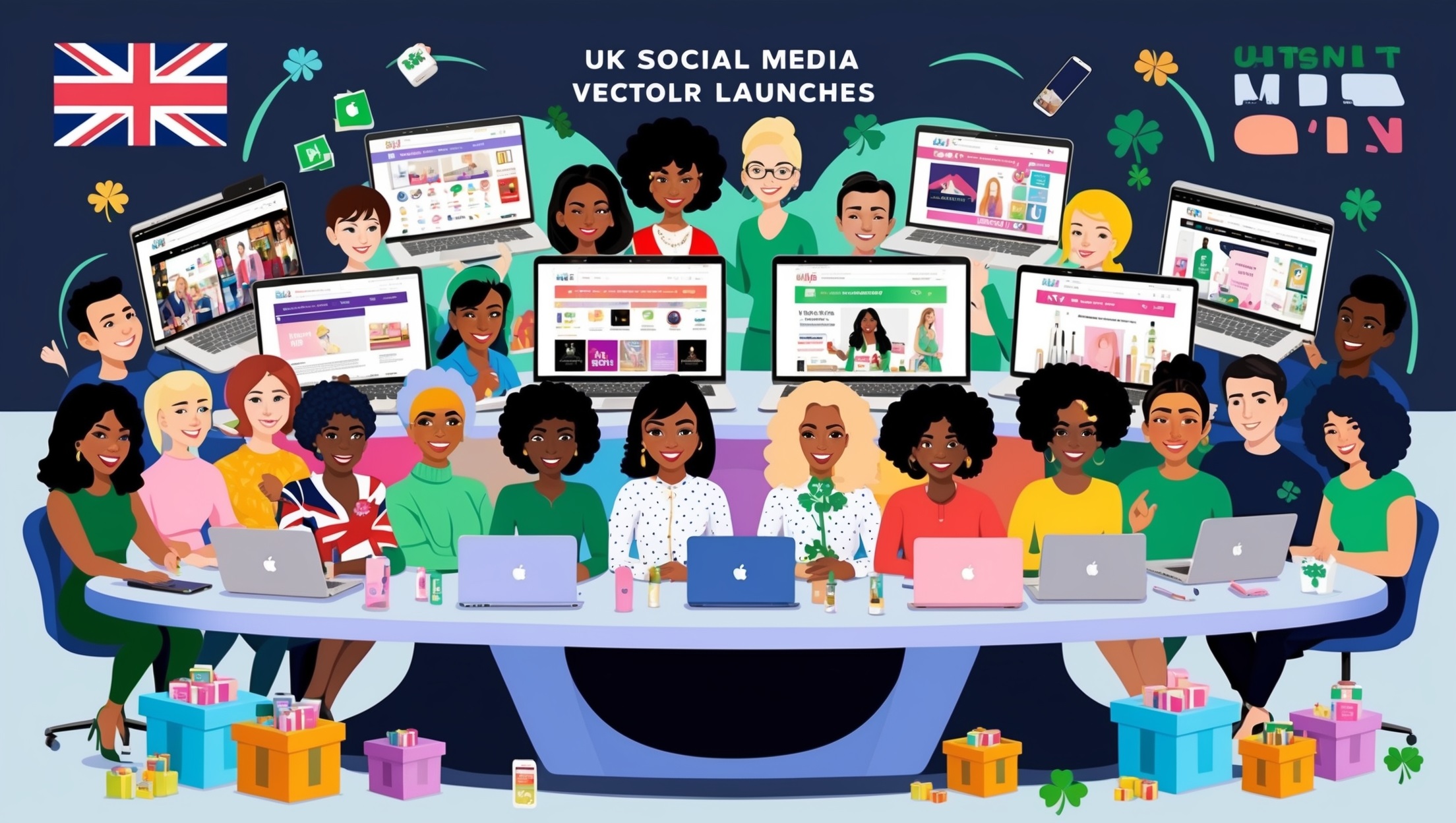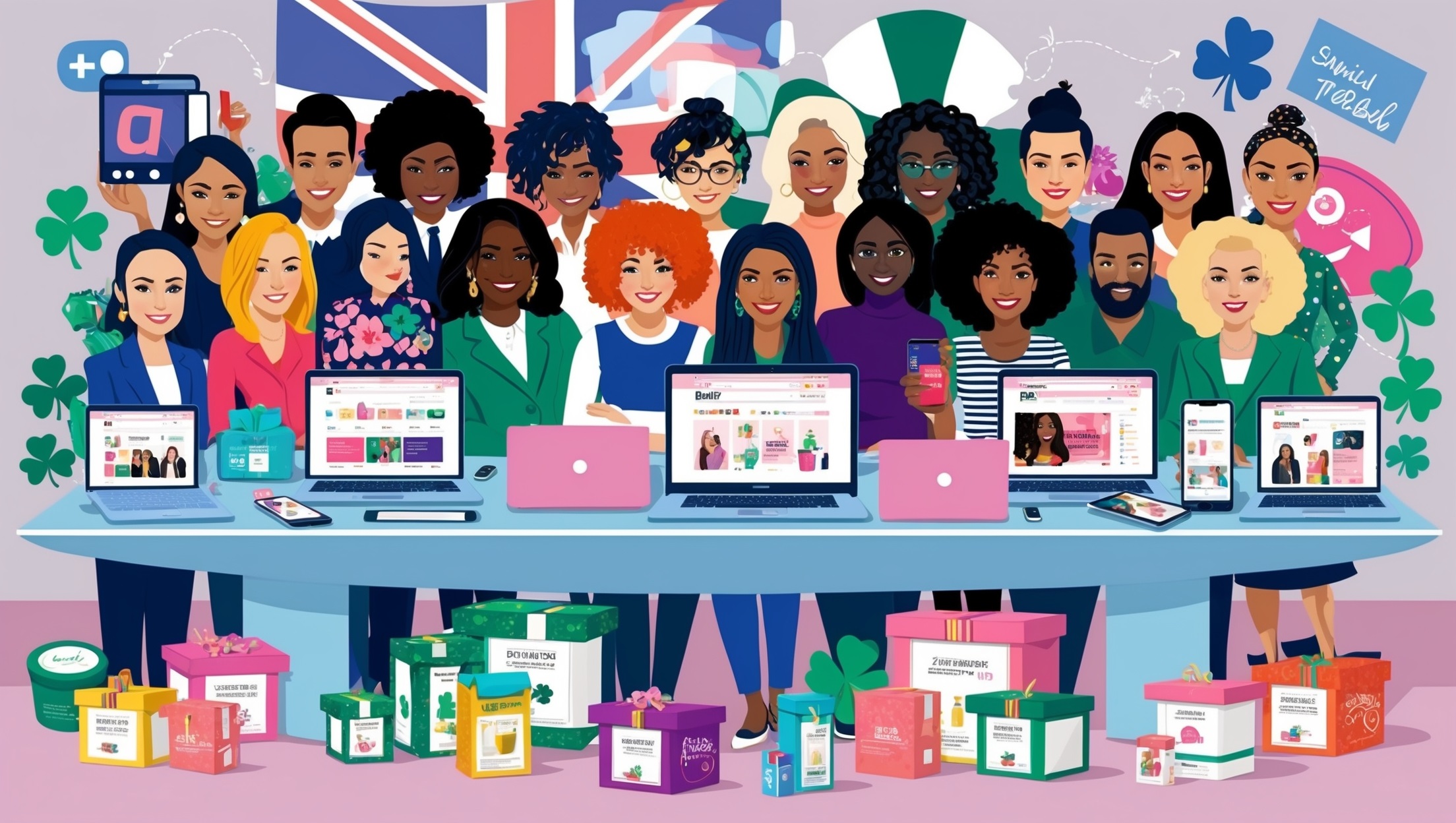
Influencer Success Stories: Lessons from UK and Irish Personalities Launching Their Own Brands
Table of Contents
A remarkable wave of UK and Irish influencers has evolved beyond promoting third-party products to successfully launching their own distinctive brands—from Mrs. Hinch’s home-cleaning products to the Sidemen’s merchandise empire. Examining these transitions offers businesses and aspiring entrepreneurs tangible insights into effective brand-building, community loyalty cultivation, and scaling strategies from local followings to national or even global markets. This comprehensive analysis spotlights notable influencer success stories and extracts key strategic takeaways applicable to businesses of all sizes—even those without celebrity status.
The Strategic Shift to Proprietary Brands
Established social media personalities increasingly recognise that their community trust and creative vision can translate directly into successful product or service lines. Rather than collecting a percentage of affiliate marketing fees, they capture the full profit margin of their branded offerings. For content creators—whether a micro-influencer in Northern Ireland or a YouTube personality in Ireland—this business model presents a compelling opportunity.
Industry Insight: According to a 2024 influencer commerce report, 68% of mid-level influencers plan to launch proprietary products or paid services within the next two years, citing creative independence and financial control as primary motivators.
UK and Irish Influencer Success Stories: Strategic Analysis
The rise of digital influencers has transformed marketing across the UK and Ireland, with content creators shaping consumer behaviour and brand success. This section analyses key influencer success stories, highlighting the strategies behind their growth, audience engagement, and brand collaborations. By examining their use of platform algorithms, content trends, and monetisation methods, we uncover the tactics that drive long-term influence and commercial success.
Mrs. Hinch (Sophie Hinchliffe)
Rising to prominence through home-cleaning tips on Instagram, Hinchliffe has successfully expanded into bestselling books, signature cleaning product lines, and strategic brand collaborations. Her success stems from unwavering authenticity, maintaining a warm, supportive tone across all brand touchpoints, and consistently demonstrating product efficacy through daily cleaning tutorials.
The Sidemen
This collective of UK-based YouTubers, initially known for gaming content, challenges, and comedic entertainment, has built a diversified business portfolio including apparel merchandise, premium beverages (XIX Vodka), and large-scale events. Their brand resonates through consistent comedic synergy and a strong sense of camaraderie that carries through to all business ventures.
Irish Content Creators
Notable examples include Jacksepticeye (gaming content and charity initiatives) and The Happy Pear (plant-based cooking), who have successfully leveraged audience loyalty to develop product lines ranging from specialty coffee brands to bestselling vegan cookbooks.
The common thread across these success stories: a clear, logical connection between the influencer’s content domain expertise (cleaning, entertainment, cooking) and their branded offerings. Authentic alignment remains the critical foundation for sustainable growth.
Branding and Marketing Strategies for Businesses

Effective branding and marketing are essential for businesses to stand out in competitive markets. Strong branding establishes a distinct identity, while strategic marketing ensures targeted audience engagement. By leveraging digital channels, storytelling, and data-driven insights, businesses can build recognition, foster loyalty, and drive sustainable growth.
Domain Expertise Alignment
Successful product or service offerings must align naturally with established expertise or demonstrated passion. A fitness influencer launching an activewear line or a travel content creator developing curated local experiences represents organic brand extensions that customers readily embrace.
Compelling Brand Narratives
Effective influencer brands craft compelling personal narratives that resonate with their audience. By sharing real-life experiences, challenges, and discoveries, they create a sense of trust and authenticity. For example, statements like, “After testing countless eco-friendly cleaning solutions, I created a formula that actually works for real homes,” reinforce credibility and product efficacy.
Storytelling also strengthens emotional connections, making brands more relatable and memorable. Additionally, incorporating behind-the-scenes insights, customer testimonials, and transparent brand values further enhances engagement, fostering long-term consumer loyalty.
Community Co-Creation
Leading influencer brands actively involve their audiences in product development through naming contests, ingredient preference surveys, and design input. This collaborative approach not only strengthens customer investment but also cultivates a loyal and engaged community. By making consumers feel valued and heard, brands foster a deeper emotional connection, increasing trust and advocacy.
Additionally, co-creation enhances product relevance, as real customer insights shape offerings that better meet market demands. Encouraging user-generated content and showcasing customer contributions further solidifies a sense of shared ownership, turning engaged followers into passionate brand ambassadors.
Implementation Strategy: Businesses with smaller but highly engaged followings can effectively replicate these approaches, using customer feedback to inform product development, packaging decisions, or initial product variations.
Navigating Potential Challenges
Businesses face various challenges in an evolving market, from shifting consumer trends to increased competition. Adapting to digital advancements, regulatory changes, and economic fluctuations requires agility and strategic planning. By proactively identifying risks and leveraging innovative solutions, businesses can maintain resilience and sustain long-term success.
Quality Control Imperative
Consumers hold influencer brands to exceptionally high standards, expecting products to align with the authenticity and trust cultivated through content. If initial offerings fail to meet expectations, negative reviews can spread rapidly, undermining years of carefully built goodwill and reputation. Rigorous quality control, from product formulation to packaging and customer experience, is essential to maintaining credibility.
Transparency in sourcing, ethical production practices, and responsive customer service further reinforce consumer trust. By prioritising excellence and consistently delivering on brand promises, influencer-led businesses can safeguard their reputation and foster long-term loyalty.
Strategic Focus vs. Overexpansion
Many influencer brands falter by launching too many product categories simultaneously, diluting brand clarity. Successful ventures typically focus on a core product line that strongly resonates with the established brand identity before expanding.
Authenticity Maintenance
Audiences can easily detect profit-driven ventures that lack genuine passion or purpose. Successful influencer brands prioritise authenticity by ensuring creators genuinely believe in and regularly use their products. Marketing narratives focus on tangible customer benefits rather than celebrity status, reinforcing trust and credibility. Transparency in product development, honest reviews, and consistent engagement with the community further strengthen authenticity.
By staying true to their values and prioritising consumer needs over commercial gain, influencer brands can cultivate deeper connections and long-term loyalty.
Implementation Blueprint for Business Success

A well-structured implementation blueprint is essential for turning business strategies into tangible results. This section outlines key steps for effective execution, from goal setting and resource allocation to performance tracking and adaptation. By integrating strategic planning with agile methodologies, businesses can navigate challenges, optimise efficiency, and achieve sustainable growth.
Audience Analysis
Thorough demographic and engagement analysis helps brands understand consumer preferences. If followers engage with educational content, consider creating instructional products, subscription services, or webinars. Segmenting audiences enables personalised marketing, ensuring relevance and fostering long-term loyalty. Regular insight updates keep brands aligned with evolving consumer needs.
Controlled Market Testing
Launching with limited initial product runs—such as small-batch skincare or capsule apparel collections—allows brands to gauge market response and refine offerings. This approach minimises risk, enables real-time feedback collection, and ensures product-market fit before scaling up production. Iterative improvements based on customer insights enhance quality and boost consumer confidence.
Integrated Channel Strategy
A cohesive, multi-platform approach ensures maximum reach and engagement when launching or updating products. Announce updates across established communication channels, including video content, social media stories, email marketing, and influencer collaborations.
Leverage cross-channel consistency to reinforce key messages and maintain brand identity. Implement strategic sharing incentives—such as referral discounts, exclusive early access, or limited-time offers—to encourage viral distribution and community-driven promotion. By integrating these elements, brands can enhance visibility, drive conversions, and sustain long-term customer engagement.
Strategic Partnerships
Partnering with complementary local businesses, industry events, or aligned influencers expands market reach beyond existing audiences. Collaborative campaigns, co-branded products, or joint events create mutually beneficial exposure. Strategic cross-promotion enhances credibility, attracts new customers, and strengthens community engagement.
Case Study: An Irish lifestyle content creator with approximately 50,000 followers successfully launched a specialised herbal tea collection. She leveraged her platform to document the development process, highlighting ingredients sourced from family farms in County Cork. Despite her relatively modest audience size, the initial production run of 500 units sold out within seven days of launch.
Digital Commerce and Marketing Optimisation
In the fast-paced digital world, businesses must refine their online strategies to drive sales and engagement. Digital commerce covers online buying and selling, while marketing optimisation enhances customer interactions through data-driven insights, personalisation, and automation. Together, they boost conversions and foster lasting customer loyalty.
E-commerce Infrastructure
Choosing the right e-commerce platform is crucial for a seamless shopping experience. Platforms like Shopify, WooCommerce, or Magento offer customisable solutions tailored to different business needs. Ensure the website is optimised for both mobile and desktop users, with fast load times, intuitive navigation, and secure payment options. Integrate essential features such as customer reviews, personalised recommendations, and abandoned cart recovery to enhance user engagement.
Additionally, linking e-commerce systems with inventory management and analytics tools streamlines operations, improves efficiency, and supports data-driven decision-making for sustained growth.
Social Commerce Integration
Integrating direct purchasing features on platforms like Instagram, TikTok, and Facebook enhances the shopping experience and shortens the customer journey. Features such as shoppable posts, live shopping events, and in-app checkout streamline transactions.
Compelling calls-to-action, combined with authentic user testimonials and influencer endorsements, build trust and drive higher conversion rates. Leveraging platform algorithms and interactive content—such as polls, Q&A sessions, and limited-time offers—further boosts engagement and encourages impulse purchases.
Strategic Content Planning
Develop comprehensive content calendars scheduling product reveals, limited-time promotions, and behind-the-scenes content. Consistent engagement builds anticipation and transforms customers into brand advocates.
Performance Metric: A 2023 influencer commerce analysis found that brands implementing integrated social commerce features experienced 25% higher conversion rates compared to those relying exclusively on external website redirects.
Expert Insight: Ciaran Connolly, Director of ProfileTree

“Influencer-led brands achieve sustainable success when they combine genuine passion with exceptional product quality and customer experience. Even businesses with modest followings can thrive by nurturing engaged communities and developing meticulously crafted offerings that solve real problems. In today’s market, authentic connection consistently outperforms traditional marketing in driving long-term growth.” — Ciaran Connolly, Director, ProfileTree
Key Statistics and Implementation Framework
- 68% of mid-tier influencers plan to launch branded products within two years (Influencer Commerce Report, 2024)
- Businesses adopting integrated social commerce experience 25% higher conversion rates (Influencer Commerce Analysis, 2023)
- Brands perceived as inauthentic or opportunistic experience 3x higher customer churn rates (Consumer Authenticity Research, 2023)
Influencer Brand Development Framework:
- Strategic Alignment: Identify natural connections between established expertise and potential product offerings
- Concept Development: Design initial products emphasising unique selling propositions and authentic brand narratives
- Market Validation: Test concepts through limited production runs, pre-orders, or customer focus groups
- Integrated Launch: Deploy coordinated e-commerce platform, social media teasers, and ambassador programmes
- Continuous Refinement: Optimise product lines based on customer feedback while maintaining core brand authenticity
Translating Influence into Sustainable Business Success
UK and Irish influencers demonstrate how effectively personal brand equity can evolve into thriving product lines and services—often achieving remarkable results when customers perceive genuine alignment and purpose. Businesses without celebrity-level recognition can apply these fundamental principles: anchor products to demonstrated expertise, involve customers throughout the development process, optimise digital commerce pathways, and maintain transparency regarding brand origins and mission.
For organisations looking to implement these strategies, ProfileTree specialises in digital marketing guidance, influencer partnership development, and e-commerce optimisation tailored to regional markets. In an environment where social proof increasingly drives purchasing decisions, establishing an authentic brand identity—following the proven approaches of successful influencer-led businesses—transforms customers from one-time purchasers into committed brand advocates and growth partners.




